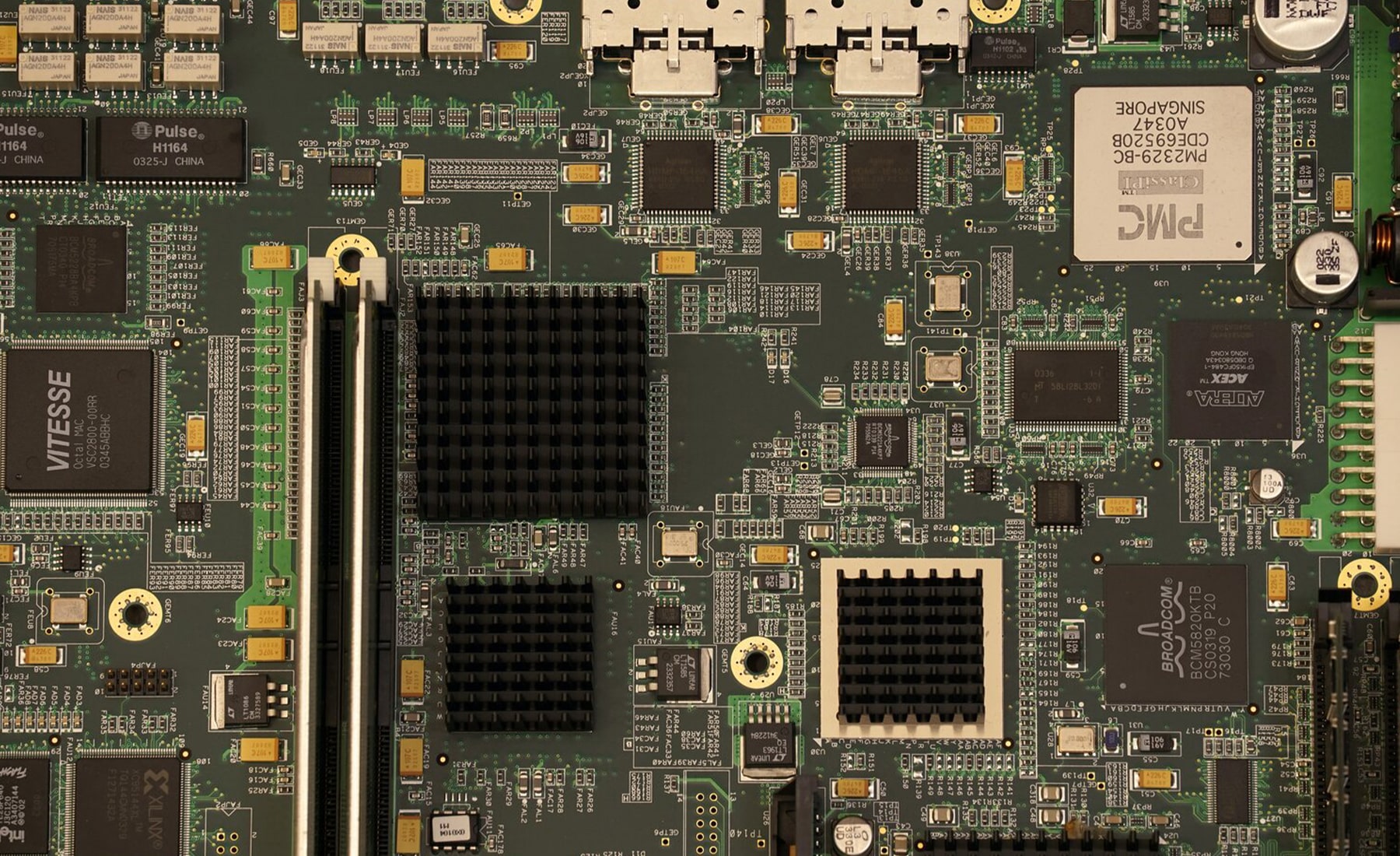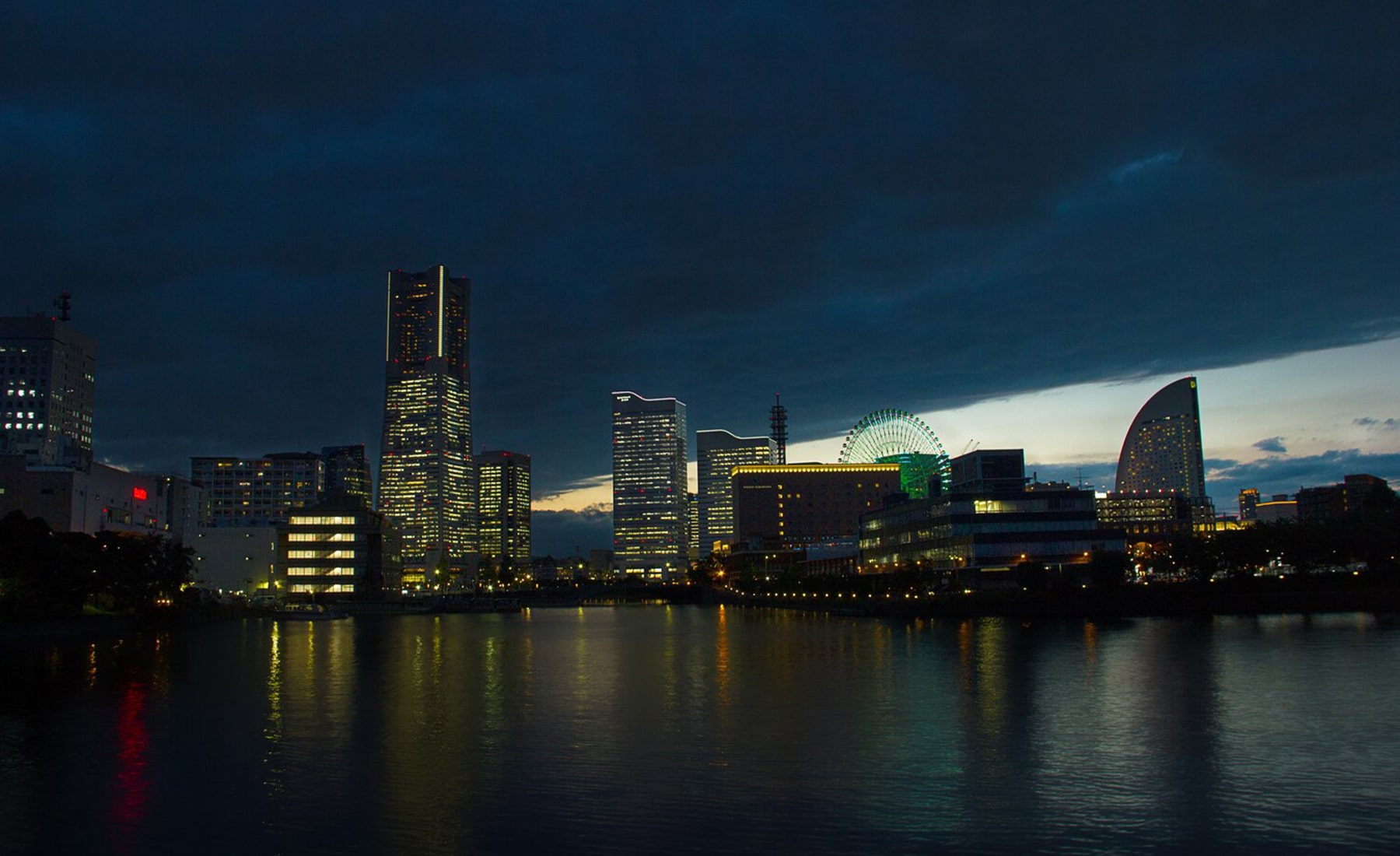
Reflections on the Know The Chain ICT 2022 benchmark
The world is ever reliant on Information and Communication Technologies (ICT) and the sector is booming. Yet, the recent Know The Chain (KTC) ICT 2022 benchmark, which assesses ICT companies’ disclosure on human rights, shows that resources aren’t being adequately allocated to supply chain due diligence and managing human rights issues.
Here are three short reflections on the 2022 data from our Senior Consultant, Timothy Perkin:
Companies aren’t prepared for due diligence compliance
ICT companies generally scored very low in the benchmark (their median score was 14/100 and their average was 20/100), demonstrating that they are just not ready for the burgeoning regulatory environment for supply chain due diligence. Companies need to prioritise developing supply chain due diligence systems, not only because there is a moral imperative but also because it is becoming the norm in global business. Operating responsibly is therefore necessary to comply with legal requirements and to access global markets – and, at present, most ICT companies fall significantly short of what is required.
Companies aren’t converting policies into practice
ICT companies are generally publishing commitments to protecting human rights, however they aren’t following through with actions that reflect this. It is not good enough for a policy to just sit on a website. Instead, policies are the framework for implementing effective management systems that proactively identify and manage sourcing risks. This disjuncture between policy and practice is common across all the sectors we work in and was also a key finding in our work with the OECD and FAO on implementing due diligence in the agricultural sector.
Companies aren’t disclosing information about due diligence activities
A lack of disclosure is generally a sign of an ineffective due diligence system, since public reporting is a key tenet of good practice in due diligence. Nevertheless, companies benchmarked by the KTC may well be losing marks in areas that they have made progress in. Indeed, we worked with a fashion brand to help it to identify ways that it could disclose more about the work it was doing. The KTC found that 55% of the benchmarked ICT companies report undertaking a risk assessment, but only 8% are reporting data on the risks identified. Of course, there needs to be due regard for commercial confidentiality, but this should not hinder a company from disclosing altogether. This is reducing transparency within the sector.
It would be wrong to not acknowledge that change within the sector is taking place, and there are reasons to remain hopeful. Most companies, for instance, have a human rights policy, a risk assessment procedure and grievance mechanism in place. However, change is slow and does not reflect the growth of the industry. Many ICT companies are still getting their heads round so-called ‘conflict minerals’ and compliance with the US Dodd-Frank Act (2010) and, quite frankly the due diligence conversation has progressed considerably since then.
Nevertheless, we recognise that change can be difficult, and that due diligence can be overwhelming. We are here to help.
If you’d like support from Kumi to accelerate your due diligence programme, please do get in touch.

